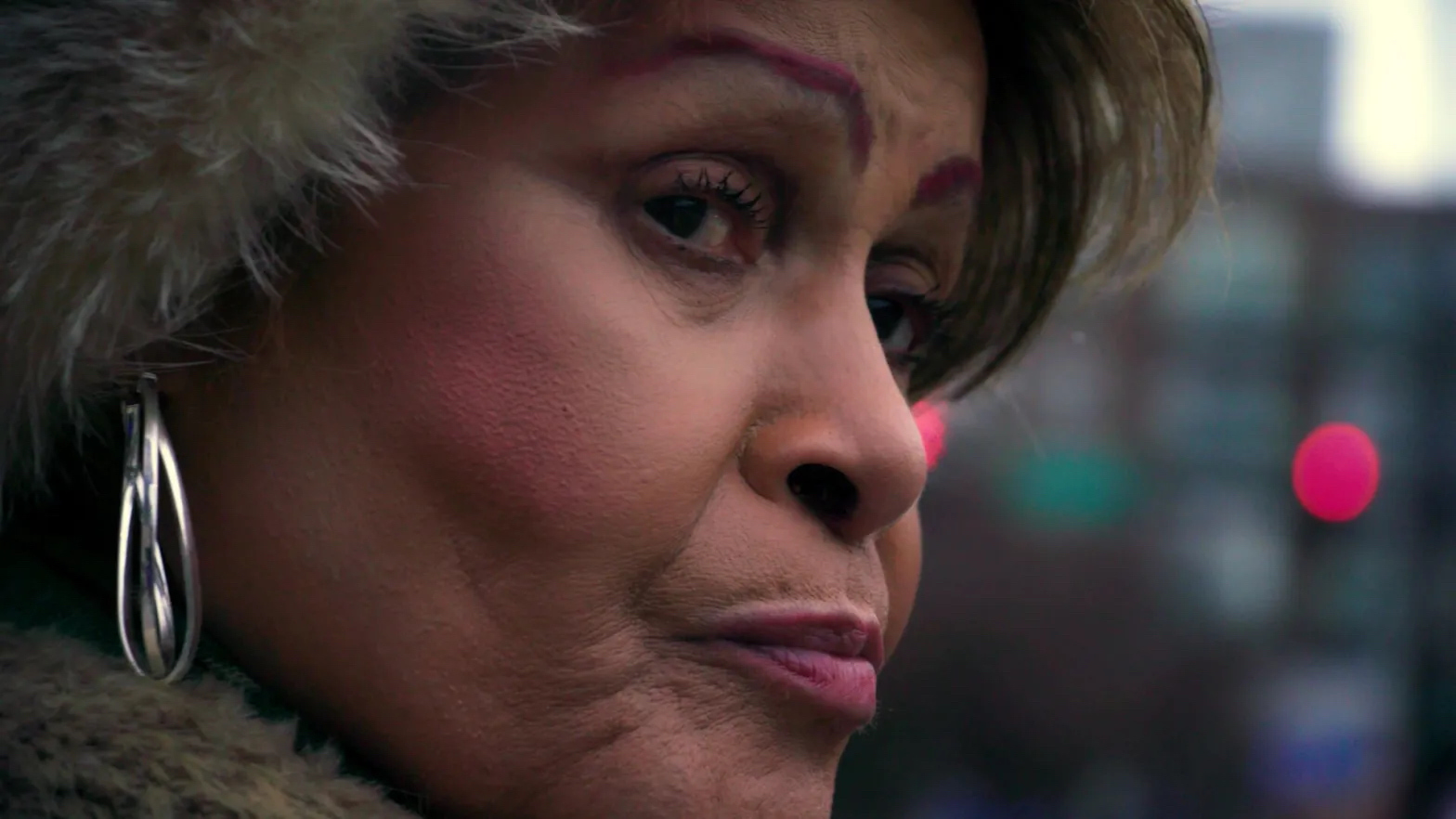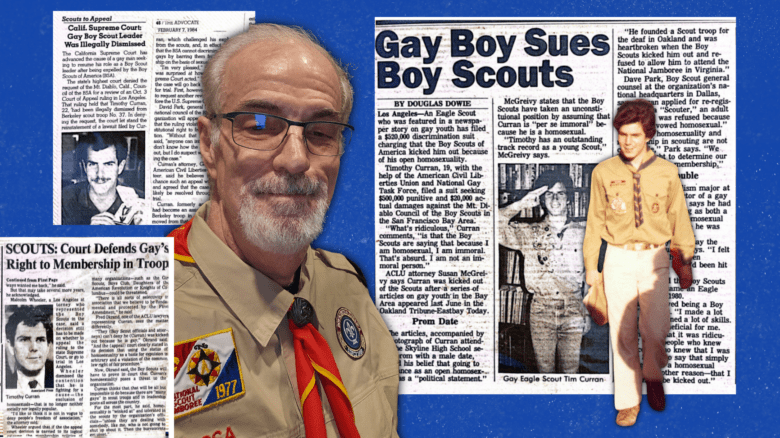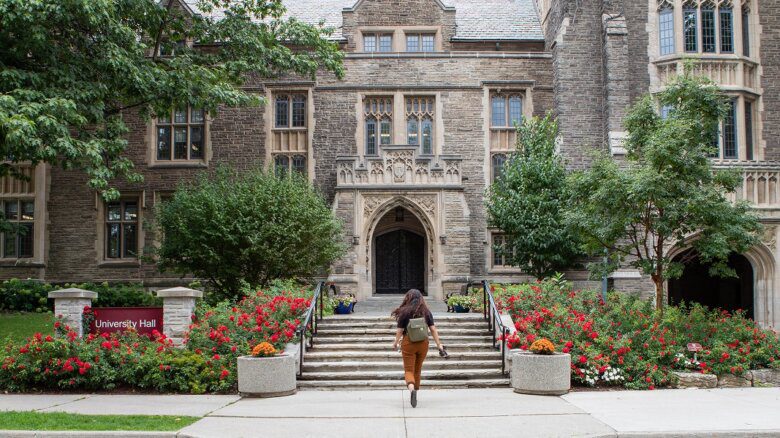Gloria Allen, a beloved trans advocate known to community members as “Mama Gloria,” reportedly passed away in her home on June 13. The creator of a “charm school” for trans youth in Chicago’s Lakeview neighborhood, the rich legacy she leaves behind was captured in this previously unreleased audio documentary narrated by Benjamin Wegner and directed by Nico Lang (with added production by Lito Howse).
Born in 1945, Allen was a trailblazer in the truest sense of the word. After her family relocated from Bowling Green, Kentucky, she came of age as a trans woman in the south side of Chicago in the 1950s and 1960s—a time when there were few possibility models whom she could look up to—but Allen was lucky to have the support of her family from a young age. Her mother, a celebrated model for Jet magazine, and grandmother, a seamstress, both accepted her trans identity, with one condition: that she always present herself as the best woman she could be. They would make Allen model the outfits she put together before she left for the day.
In this series of interviews originally recorded at Chicago’s Center on Halsted in 2014, Allen said that her family’s ethos of dressing for success taught her to take pride in herself. “I remember the first time I got in female clothes and I was going to go out, and I decide I’m going to go out the back door of our home,” she said. “My mother said, ‘Oh, no, you’re going out the front door.’ I said to myself, ‘Why are you putting me out the front door?’ She said, ‘If you’re ashamed of what you are, then you shouldn’t do it.’”
Allen faced her share of challenges as a Black trans woman—enduring harassment, sexual assault and abusive relationships—but she always sought to pay those early lessons forward. In 2012, she began operating her now-famous charm school out of Center on Halsted, a community centre that specializes in programming for LGBTQ2S+ youth, after realizing that so many young people lacked a mentor to show them the way. Jokingly calling herself the “last of the red hot mamas” in conversation—a phrase dating back to the glittering showgirls of vaudeville—she felt that she had life experience to impart upon a younger generation of trans people.
When a Philip Dawkins play based on Allen’s life, Charm, opened at the Chicago Steppenwolf theatre in 2015, critic Chris Jones astutely referred to her as “the Emily Post of Halsted Street.” But while Allen’s charm school offered distinctly Post-ian tips on appropriate dress and makeup, what she provided to her students was so much more than that. She gave them everything from instruction in table manners to dating advice and career counselling—all the resources that young people may lack in their daily lives.
“Everybody was on their porches, watching me come down the stairs. It was like I had stepped out into a party.”
Although the vast majority of Allen’s students were trans youth, she was often sought out by people who simply had nowhere else to go. Karen, a late-life transitioner who was new to the charm school when the documentary team spoke to her in 2014, went to Center on Halsted for the first time after a friend told her that Allen helps people “who are interested in remaking themselves,” which is exactly what she was looking for. That day, a makeup artist was on hand to help Karen do her eye makeup and to give her the tools she needed to ensure the world saw her the way she wanted to be seen.
Karen was reserved and a bit timid, nervous about taking this next step in her journey toward the woman she knew she already was, but the tutorial met with her immediate approval. “I like it,” she said as she examined herself in the mirror. “I like it a lot.” And in Allen, Karen got the validation from the outside world she had so badly needed. “You look amazing!” Allen said, beaming proudly.
Eventually the word got out about Allen’s tremendous impact on her local community. Charm ran off-Broadway in 2017 and also toured Los Angeles and Washington, D.C. The eponymous documentary Mama Gloria screened at the Chicago International Film Festival in 2020 and was nominated for a GLAAD Media Award. Allen herself would be honoured with the Living Legend Award at the Trans 100 in 2014—a then-annual ceremony recognizing 100 icons and leaders in the trans community—and the Carmen Vázquez Award for Excellence in Leadership on Aging Issues from the LGBTQ2S+ elder advocacy group SAGE in 2021.
Allen reportedly died in her sleep. After news of her passing spread across social media, mourners and loved ones celebrated the difference she had made in countless lives. When Allen spoke to the documentary team eight years ago, it was clear that she wanted the trans people whose lives she touched to have the same opportunity that she did that pivotal day—in which she came into her womanhood with her mother’s encouragement. Allen did, indeed, take the front door, and she found that her community loved her because of who she was, not in spite of it.
“Everybody was on their porches, watching me come down the stairs,” Allen said of her neighbors. “It was like I had stepped out into a party.”


 Why you can trust Xtra
Why you can trust Xtra


